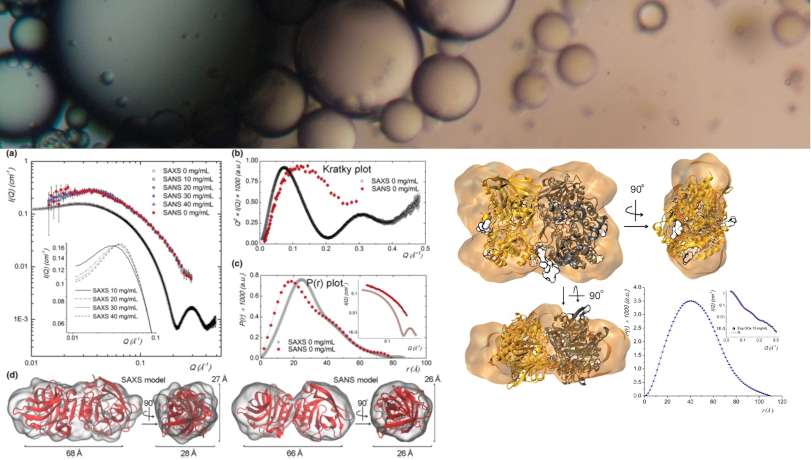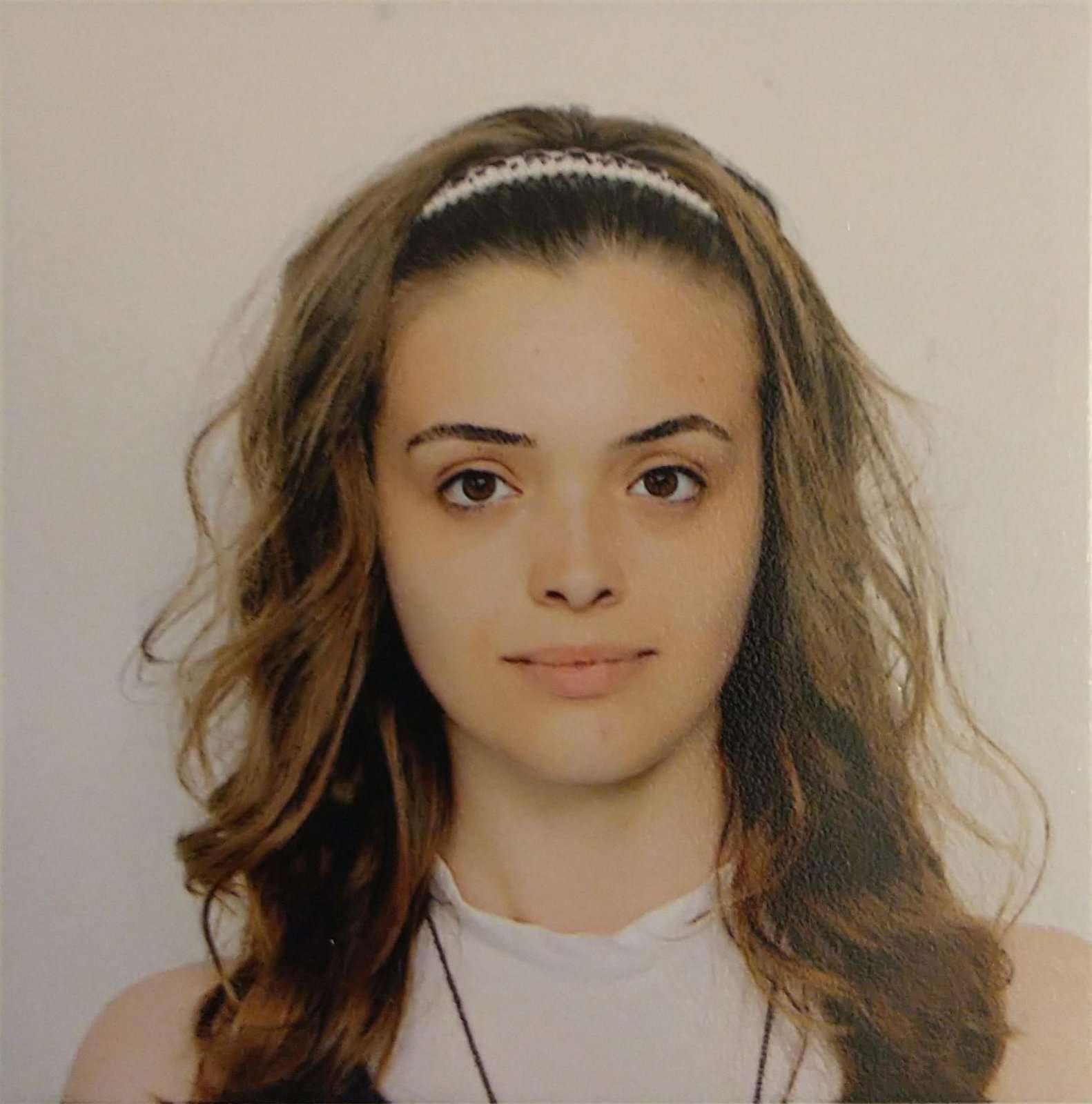Neutron scattering is a unique tool for research studies of the fundamental properties observed in condensed and soft matter. Together with other types of radiation such as X-rays, light, synchrotron radiation, electrons or ions, neutrons are electrical neutral and have a large magnetic moment and low kinetic energy. Considering these unique properties, neutrons are an efficient tool for investigating the static and dynamic properties of condensed and soft matter. They represent an ideal tool together with X-rays and synchrotron radiation for studying the structural properties in soft and biological matter and the magnetic properties of the condensed matter. The aim of this course is to introduce the students to the field of neutron and X-ray scattering experiments at large scale facilities, to learn and acquire basic knowledge about the structural characterization techniques used in neutron and X-ray scattering methods. The methods presented will include SANS and SAXS (Small Angle Neutron and X-ray Scattering), neutron diffraction and neutron reflectometry etc. The students will have the possibility to learn about the preparation of experiments (sample preparation, proposal of experiment), usage of dedicated software for data analysis and treatment of the data obtained from experiments.
Tasks
1. Introductory notes in neutron/X-ray scattering experiments and neutron instrumentation techniques.
2. Explore the scientific topics for neutron experiments and instrumentation at large scale facilities.
3. Basic understanding of the scientific tasks in neutron scattering experiments.
4. Preparing a basic scientific proposal for a neutron/X-ray scattering experiment.
5. Data treatment and software used in neutron scattering experiments.
6. Examples of neutron scattering experiments.
7. Review and conclusions.
Preliminary schedule by topics/tasks
The project continues for the future INTEREST Waves. The working schedule and tasks will be adapted to the scientific interest and progress of the participating students.
Required skills
Scientific background in physics/chemistry/biology. Basic knowledge of condensed and/or soft matter. Basic computer skills. A personal computer for installation of scientific software (free of use, links will be provided in the course time).
The project is aimed for university students (BSc, MSc, PhD) and will provide a basic overview of the required skills and preparation methods for neutron scattering experiments.
Acquired skills and experience
Gaining basic knowledge about neutron and X-ray scattering experiments at large scale facilities and laboratories.
Acquire basic understanding about the proposal systems used in the applications for neutron scattering experiments.
Basic understanding of neutron instrumentation, data treatment and specific software used in neutron scattering experiments.
Presenting basic results from neutron experiments and laboratory experimental research.
Recommended literature
Structure Analysis by Small-Angle X-Ray and Neutron Scattering, Feigin L.A. and Svergun D.I., New York: Plenum Press
X-Ray and Neutron Diffraction, The Commonwealth and International Library: Selected Readings in Physics, Author: G. E. Bacon, Editor: D. Ter Haar, ISBN: 9781483158297
Small–angle scattering: theory, instrumentation, data and applications, Hamley, I. W., John Wiley and Sons, Chichester, UK, ISBN 9781119768302
β-Lactoglobulin associative interactions: a small-angle scattering study, L. Anghel, A. Rogachev, A. Kuklin, R.V. Erhan, DOI: 10.1007/s00249-019-01360-9






